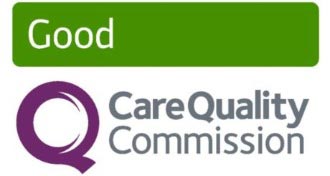Spire London East Hospital awarded prestigious Gold CAP Award for second year
12 May 2025
Spire London East Hospital has been awarded a second CAP Gold Award for catering services following the success of the latest unannounced assessment by the Continued Advancement Programme (CAP). This is an incredible achievement for all those involved at the hospital.




